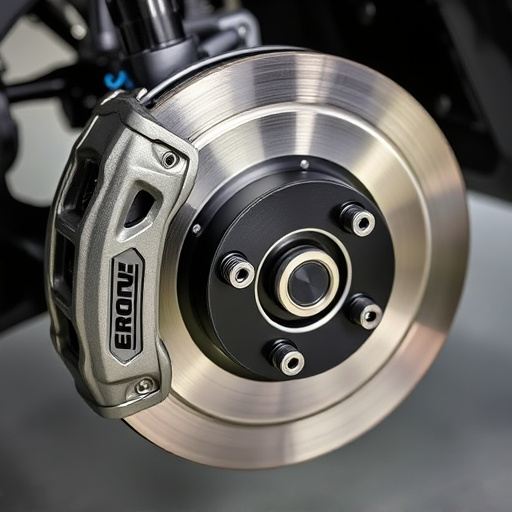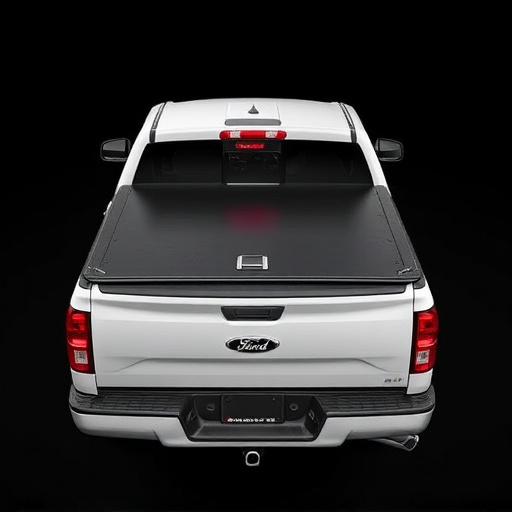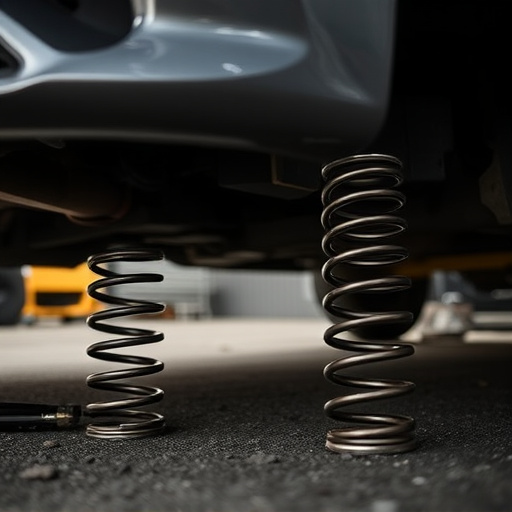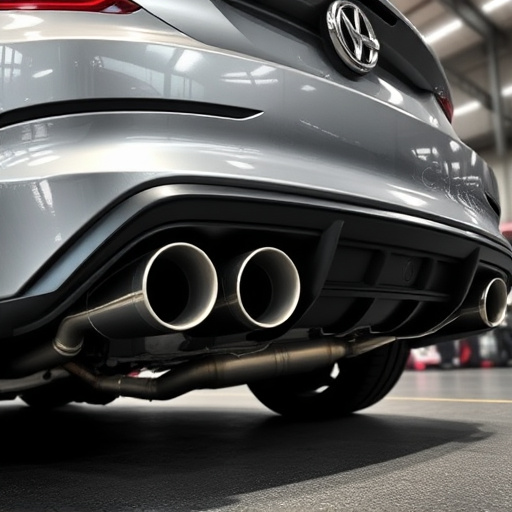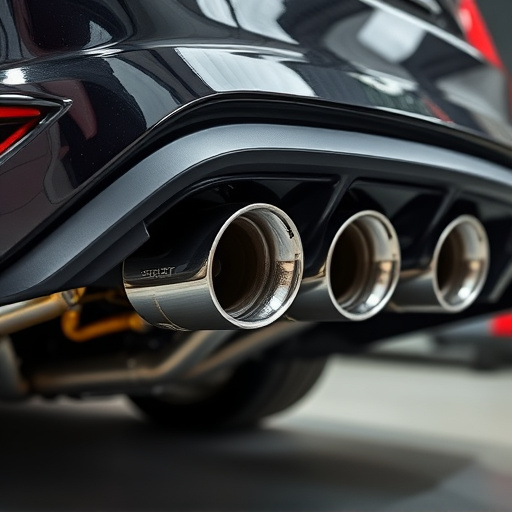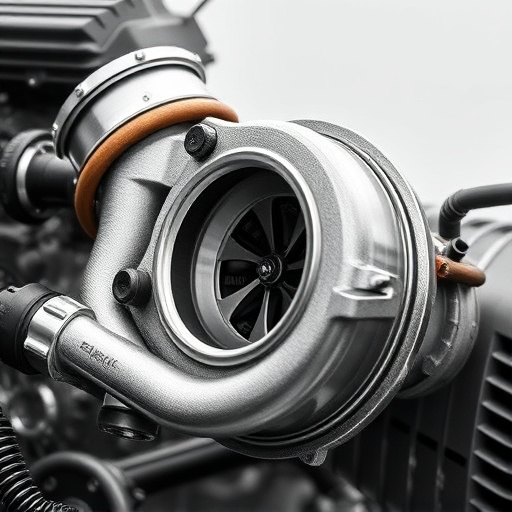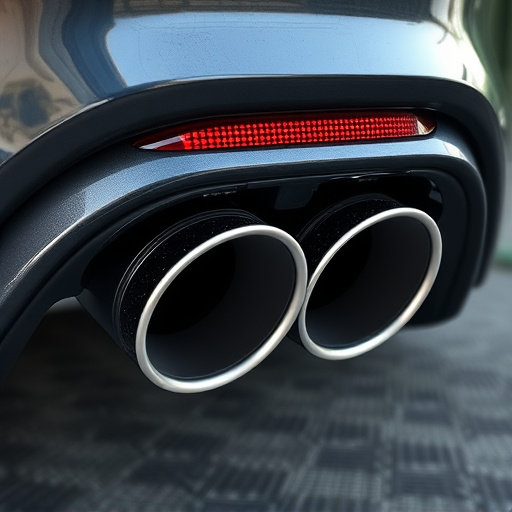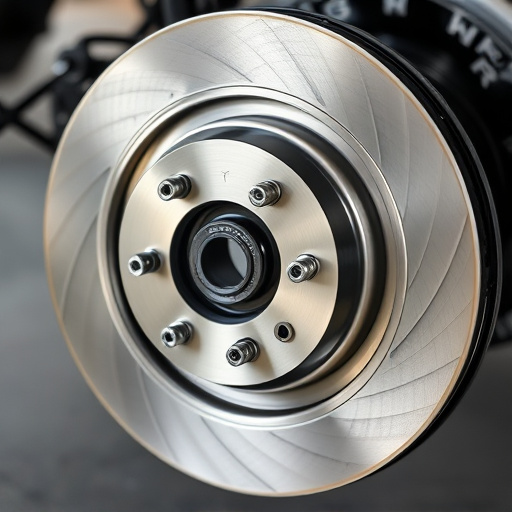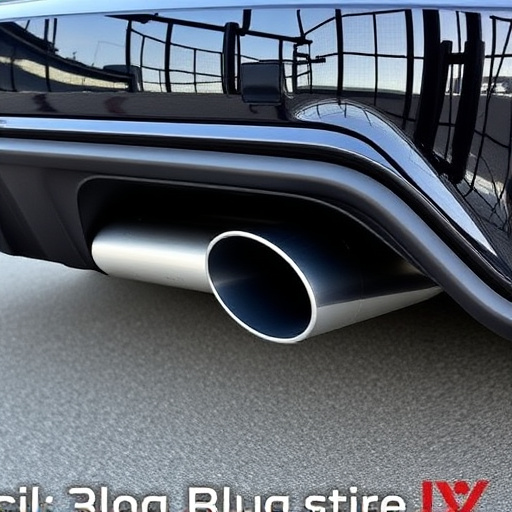Dry air filters are advanced, maintenance-free filtration systems that trap dust, dirt, and pollutants in vehicle engines, providing clean air for optimal combustion and performance. Unlike traditional wet filters, they require no cleaning or replacement, offering convenience, cost savings, improved fuel mileage, and protection for vital automotive components. Ideal for diverse applications like industrial settings and modified vehicles, dry air filters enhance efficiency, prevent debris buildup, and contribute to a cleaner environment by capturing fine particles and pollutants.
Discover the transformative power of maintenance-free dry air filters! This innovative technology is reshaping indoor air quality, offering unparalleled filtration performance without the hassle of regular maintenance. From residential to commercial spaces, dry air filters are proving their worth, ensuring clean, healthy air while eliminating the need for frequent replacement. Explore the benefits and real-world applications that make these filters a game-changer in air purification.
- Understanding Dry Air Filters: The Basics
- Advantages of Maintenance-Free Filtration
- Implementation and Benefits in Real-World Applications
Understanding Dry Air Filters: The Basics
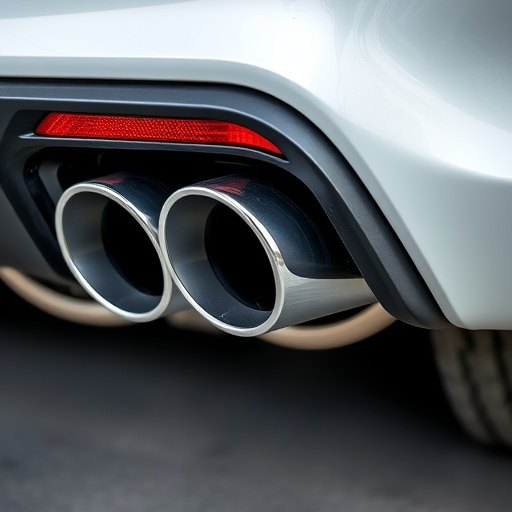
Dry air filters are a crucial component in maintaining optimal vehicle performance and efficiency. Unlike traditional wet air filters that rely on a mixture of fiber and liquid to trap contaminants, dry air filters use advanced materials to capture particles like dust, dirt, and pollutants. These filters are designed to withstand high-pressure environments, making them ideal for various automotive applications.
The functionality of a dry air filter is straightforward. It is placed in the engine’s air intake system, where incoming air passes through its media, leaving behind impurities. This process ensures that only clean, filtered air reaches the engine, enhancing combustion and overall performance. Unlike wet filters that require regular cleaning or replacement, dry air filters are maintenance-free, making them a convenient and cost-effective solution for vehicle owners. Additionally, their efficient design can contribute to improved fuel mileage and reduced wear on essential suspension components and performance exhaust systems, further underscoring the benefits of incorporating dry air filter kits in routine vehicle maintenance.
Advantages of Maintenance-Free Filtration
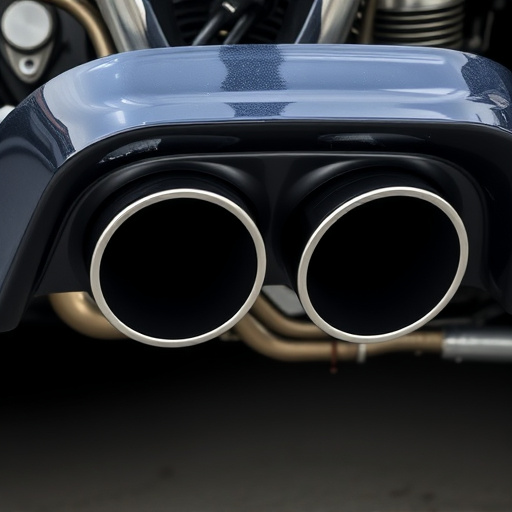
Maintenance-free filtration systems offer a plethora of advantages for various applications, particularly in the context of dry air filters. One of the key benefits is convenience; these filters eliminate the need for frequent replacement or intricate maintenance routines, thereby saving time and effort. This is especially valuable in environments where regular filter changes are impractical or disruptive.
Moreover, such systems contribute to enhanced efficiency and performance. By removing contaminants from the airflow without requiring manual intervention, they ensure consistent and optimal air quality. This is particularly advantageous for equipment relying on clean, dry air, such as industrial machinery, where issues like dust buildup can lead to inefficient operation or even damage. Additionally, maintenance-free filters can complement other components, including brake rotors, cat-back exhaust systems, and intake components, by preventing debris accumulation that could negatively impact their performance.
Implementation and Benefits in Real-World Applications
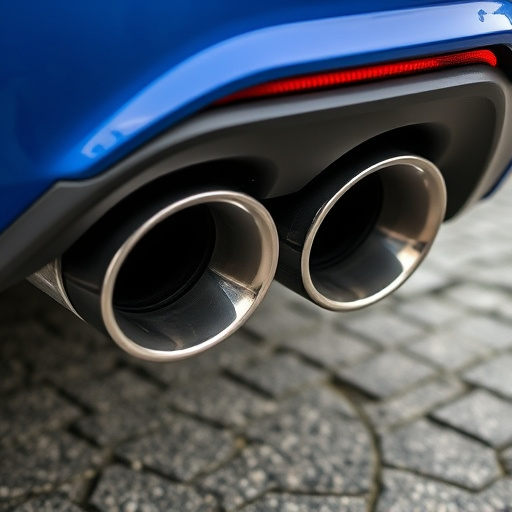
The implementation of dry air filters offers a seamless solution for maintaining optimal air quality in various real-world applications. These innovative filters are particularly advantageous in environments where traditional wet filtration systems might struggle, such as in industrial settings with harsh conditions or vehicles equipped with cold air intakes. By eliminating the need for regular maintenance, like cleaning or replacing wet filters, dry air filters ensure consistent performance without interrupting operations.
This technology translates into significant benefits for businesses and consumers alike. In industries, it improves overall efficiency by reducing downtime associated with filter maintenance. For automotive enthusiasts, dry air filters can enhance engine performance in vehicles with modified exhaust systems or tips. Moreover, they contribute to a cleaner environment by capturing fine particles and pollutants, ensuring that the filtered air is healthier and more pure, whether for indoor spaces or vehicular cabins.
Dry air filters revolutionize filtration technology by eliminating the need for frequent maintenance, ensuring consistent performance. This innovative solution offers numerous advantages, from improved efficiency and reduced downtime to cost savings and enhanced environmental benefits. By adopting maintenance-free dry air filters in various applications, businesses can experience smoother operations and contribute to a cleaner, more sustainable future.



